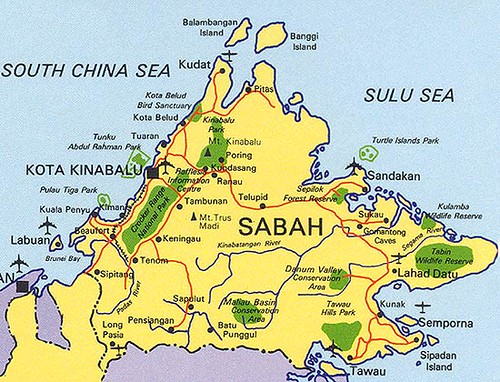More than 10,000 people fled their homes this week in Mindanao, southern Philippines, as government forces launched a major offensive against Muslim splinter groups opposed to a final peace deal to end decades of insurgency in the island. The country’s capacity to respond to emergencies has been stretched by a series of deadly disasters.
President Benigno Aquino said the offensive was a calculated response against members of the Bangsamoro Islamic Freedom Fighters (BIFF), who had been harassing civilians and troops in the towns of Datu Piang and Pikit, in Maguindanao Province.
Gun battles and heavy exchanges of mortar fire have left at least 37 rebels and one soldier dead since 27 January, and the military said at least three civilians were hurt by an improvised bomb attack near a market, in which seven troops were also injured.
The Department of Social Welfare and Development (DSWD) in the capital, Manila, said it had requested assistance from the International Organization for Migration (IOM) to provide tents for some 4,200 people in 10 evacuation centres. Another 4,565 people are staying with friends and relatives.


